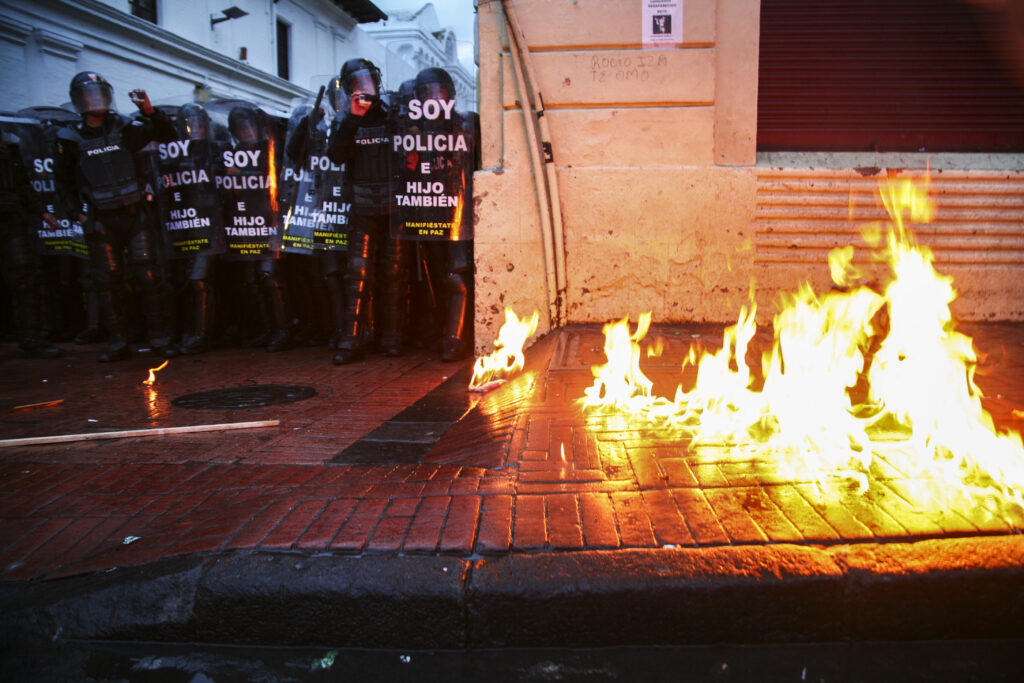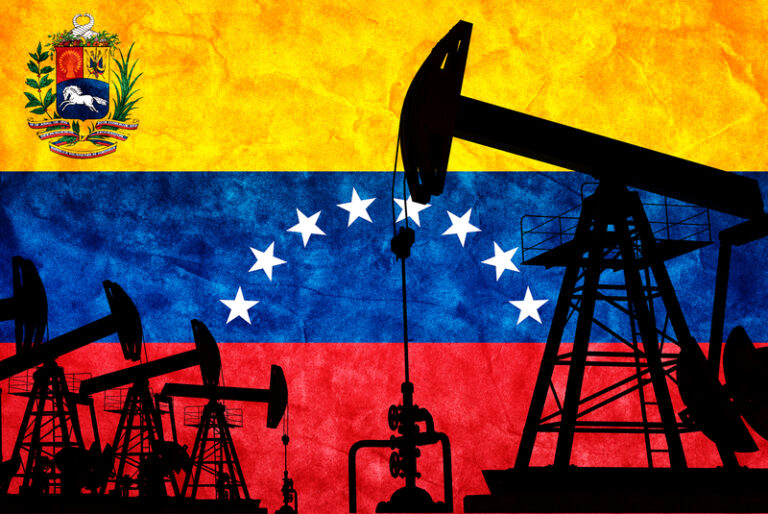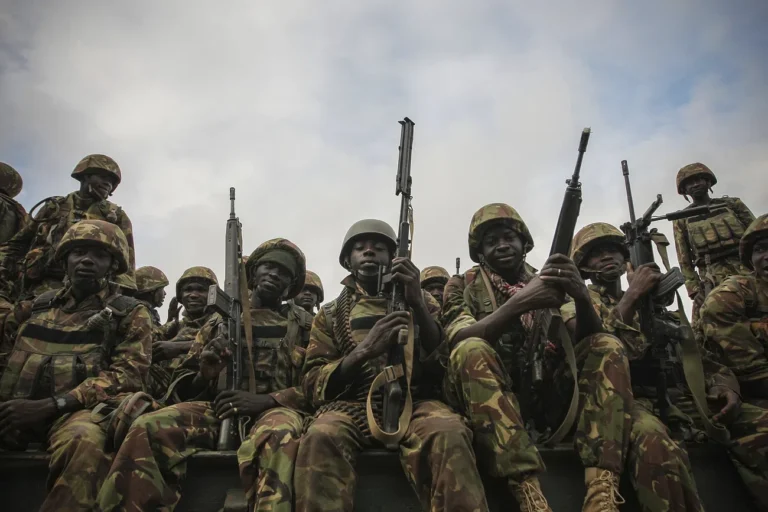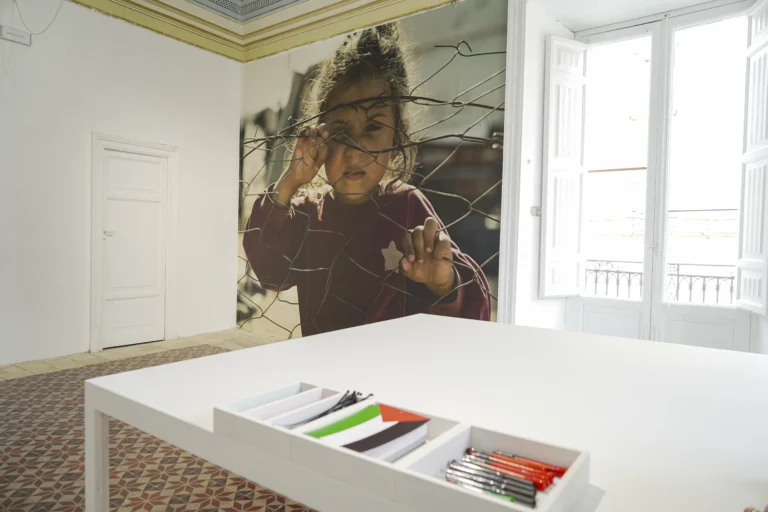Just a few months back, Ecuador was embroiled in the political battleground of presidential elections. However, the aftermath has plunged the nation into a devastating civil war, with profound and far-reaching consequences for its citizens. The focus shifted to Daniel Noboa, a 36-year-old scion of the affluent Alvaro Noboa, Ecuador’s wealthiest entrepreneur, who, despite the family’s repeated attempts at the presidential throne, managed to secure victory, ushering in a significant twist in Ecuador’s political narrative.
The initial months of Daniel Noboa’s presidency have unfolded amidst the grim reality of a nation grappling with one of its gravest crises in years. The landscape is marred by widespread devastation – prison riots, daring jailbreaks, escalating street violence, police held captive, and a brazen assault on public television. The battleground has transitioned from political debates and TV programs to the gritty streets of Ecuador, where the reverberations of conflict are profoundly felt by ordinary citizens.
This current turmoil is not a fleeting chapter; it’s an agonizing manifestation of economic fragility, social discord, and political convolution, with the looming specter of civil war casting a dark shadow over Ecuadorian lives. The persistent divide between supporters and critics of former President Rafael Correa further complicates President Noboa’s challenges, intensifying the anguish experienced by the population.
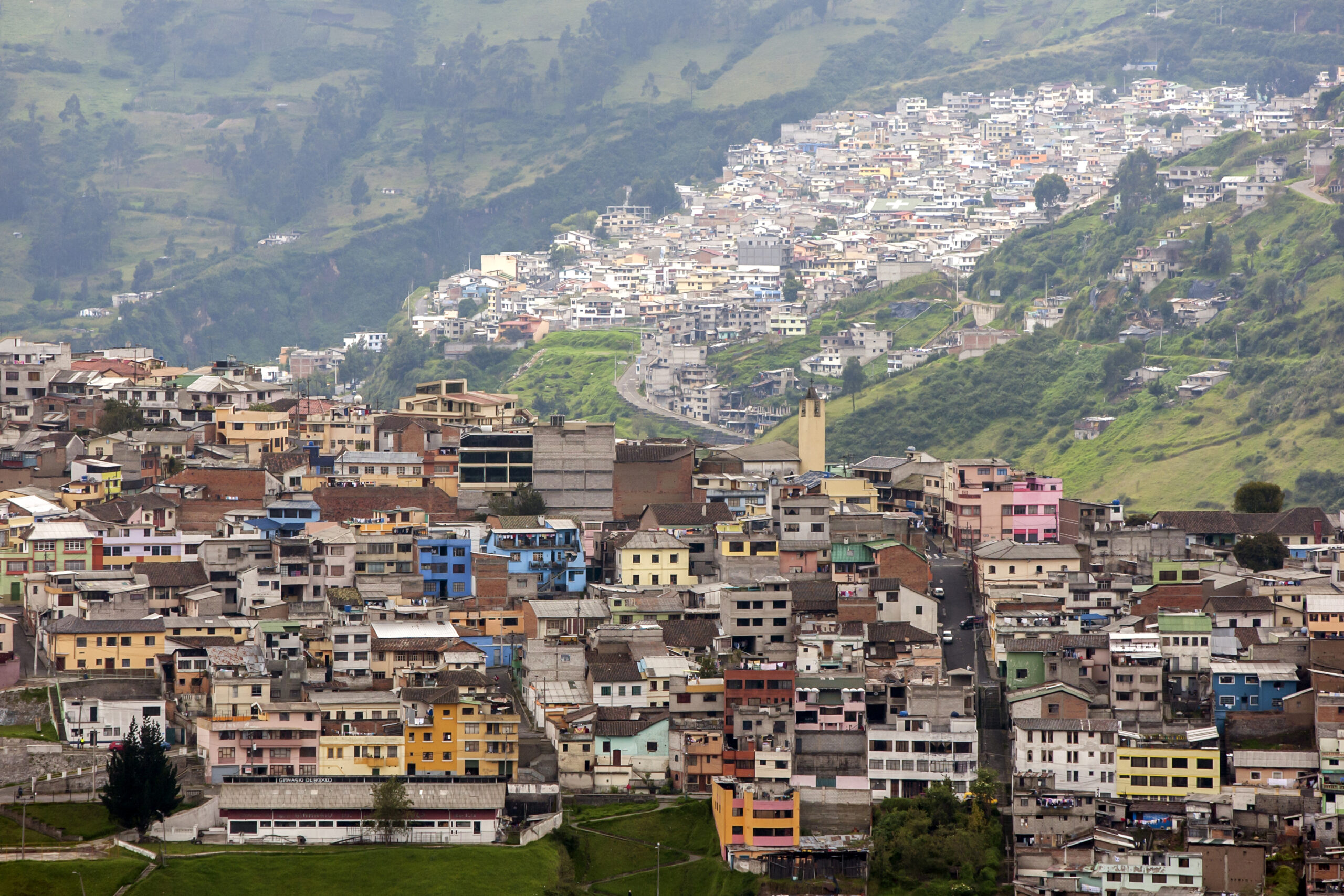
Promises of economic revival and internal security, initially hoped for, now seem distant amid the relentless pulse of narcotrafficking, which has become a catalyst for the escalation of the civil war. Ecuador finds itself ensnared in a complex web of narco-fueled discord, with recent events involving ‘Fito’ and Fabricio Colón Pico serving as symptomatic manifestations of a deeper malaise—a pervasive infiltration of narcotrafficking ingrained in the nation’s fabric. President Noboa’s characterization of organized crime factions as terrorists reflects a desperate acknowledgment of a crisis that extends far beyond the surface, amplifying the fear and uncertainty felt by the citizenry.
The imposition of a curfew and the declaration of internal armed conflict underscore the gravity of the situation, with neighboring countries like Peru swiftly responding, highlighting the potential regional repercussions. The suspension of non-essential services and the urgent plea for citizens to remain indoors paint a dire picture of a nation not only contending with external threats but also grappling with internal decay that threatens its very essence.
Ecuador now stands at a critical crossroads, demanding its citizens to confront the harsh reality of the civil war and the profound impact it has on their lives. A comprehensive and sustained response is imperative, necessitating a reevaluation of policies and the forging of a united front against the multifaceted challenges at hand. The shadows of civil unrest offer not just a warning but a stark opportunity for Ecuador to redefine its trajectory and emerge stronger from the crucible of adversity. The time for decisive action is now, as the nation grapples with the urgent imperative of charting a path towards lasting stability and prosperity amidst the upheaval of civil conflict.
By Maddalena Mizzoni
